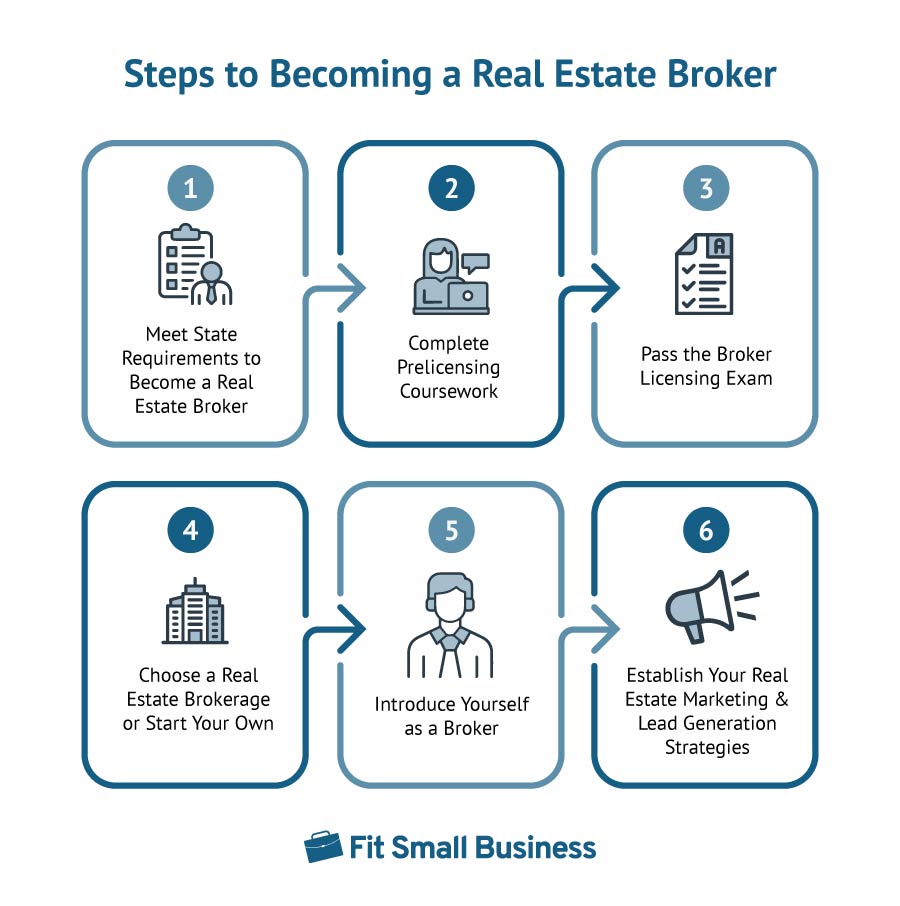
During the home buying process, a lender agent can be an invaluable partner. Lenders are financial backers for potential homeowners. They can help secure a mortgage to make the purchase possible. A good lender will keep their client informed throughout the loan process and be a valuable resource for information and advice. Lenders are a great source of information for prospective homeowners, and can provide information on the types of loans available and the best loan products for your needs.
A lender who is qualified can provide financial services such as a refinance or a loan to pay down a mortgage. The best mortgage broker will help you find the right loan at the most favorable interest rate. They will be able to make your loan application as simple as possible.

When you're trying to decide who is the best steward for your finances, a lender might not be the first thing that comes to mind. There are many options for lenders these days, and you should be able to choose one that suits your needs. There are many options for loan products available to home buyers. Each loan product comes with its own benefits and drawbacks. Before signing, make sure you understand the eligibility requirements.
While choosing the right lender can seem overwhelming, the rewards are well-worth it. Lenders are an excellent resource for your home purchase needs. The right one will ensure that you have a stress-free and smooth experience. A lender who is qualified will help you find the perfect home and provide the financial security you require. Lenders are also able to recommend qualified real estate agents to help you find your dream home. Talk to them about the connections they have if you are interested in an agent.
You should take time to assess your financial situation if you're a home buyer looking for a mortgage. Lenders can be a great source of information about home loan options. They will give you details on the types of loans available, what you need to do to get it done, and what you should budget for. Lenders can help make loan applications easier by recommending loan products that meet your needs.

Talking to local agents and banks is the best way to find out about your lender. You'll be much better off in long-term results if you become more familiar with local lenders. The right lender will make your home buying experience a breeze, and will be a valuable resource for years to come.
FAQ
Are flood insurance necessary?
Flood Insurance protects against damage caused by flooding. Flood insurance helps protect your belongings, and your mortgage payments. Find out more information on flood insurance.
What are the advantages of a fixed rate mortgage?
Fixed-rate mortgages allow you to lock in the interest rate throughout the loan's term. This means that you won't have to worry about rising rates. Fixed-rate loans offer lower payments due to the fact that they're locked for a fixed term.
What is the average time it takes to get a mortgage approval?
It depends on several factors such as credit score, income level, type of loan, etc. It generally takes about 30 days to get your mortgage approved.
What are the drawbacks of a fixed rate mortgage?
Fixed-rate mortgages tend to have higher initial costs than adjustable rate mortgages. A steep loss could also occur if you sell your home before the term ends due to the difference in the sale price and outstanding balance.
What are the key factors to consider when you invest in real estate?
You must first ensure you have enough funds to invest in property. If you don’t have the money to invest in real estate, you can borrow money from a bank. It is important to avoid getting into debt as you may not be able pay the loan back if you default.
It is also important to know how much money you can afford each month for an investment property. This amount should include mortgage payments, taxes, insurance and maintenance costs.
It is important to ensure safety in the area you are looking at purchasing an investment property. It would be best if you lived elsewhere while looking at properties.
How many times may I refinance my home mortgage?
It all depends on whether your mortgage broker or another lender is involved in the refinance. In both cases, you can usually refinance every five years.
How much does it cost to replace windows?
The cost of replacing windows is between $1,500 and $3,000 per window. The total cost of replacing all of your windows will depend on the exact size, style, and brand of windows you choose.
Statistics
- Private mortgage insurance may be required for conventional loans when the borrower puts less than 20% down.4 FHA loans are mortgage loans issued by private lenders and backed by the federal government. (investopedia.com)
- It's possible to get approved for an FHA loan with a credit score as low as 580 and a down payment of 3.5% or a credit score as low as 500 and a 10% down payment.5 Specialty mortgage loans are loans that don't fit into the conventional or FHA loan categories. (investopedia.com)
- This seems to be a more popular trend as the U.S. Census Bureau reports the homeownership rate was around 65% last year. (fortunebuilders.com)
- Some experts hypothesize that rates will hit five percent by the second half of 2018, but there has been no official confirmation one way or the other. (fortunebuilders.com)
- 10 years ago, homeownership was nearly 70%. (fortunebuilders.com)
External Links
How To
How to Manage a Rent Property
Although renting your home is a great way of making extra money, there are many things you should consider before you make a decision. We'll show you what to consider when deciding whether to rent your home and give you tips on managing a rental property.
Here are the basics to help you start thinking about renting out a home.
-
What are the first things I should consider? Before you decide if your house should be rented out, you need to examine your finances. You may not be financially able to rent out your house to someone else if you have credit card debts or mortgage payments. It is also important to review your budget. If you don't have enough money for your monthly expenses (rental, utilities, and insurance), it may be worth looking into your options. This might be a waste of money.
-
How much will it cost to rent my house? There are many factors that influence the price you might charge for renting out your home. These factors include the location, size and condition of your home, as well as season. You should remember that prices are subject to change depending on where they live. Therefore, you won't get the same rate for every place. Rightmove estimates that the market average for renting a 1-bedroom flat in London costs around PS1,400 per monthly. This would translate into a total of PS2,800 per calendar year if you rented your entire home. That's not bad, but if you only wanted to let part of your home, you could probably earn significantly less.
-
Is it worth it? You should always take risks when doing something new. But, if it increases your income, why not try it? It is important to understand your rights and responsibilities before signing anything. Your home will be your own private sanctuary. However, renting your home means you won't have to spend as much time with your family. Make sure you've thought through these issues carefully before signing up!
-
What are the benefits? It's clear that renting out your home is expensive. But, you want to look at the potential benefits. There are many reasons to rent your home. You can use it to pay off debt, buy a holiday, save for a rainy-day, or simply to have a break. Whatever you choose, it's likely to be better than working every day. If you plan well, renting could become a full-time occupation.
-
How do I find tenants Once you've made the decision that you want your property to be rented out, you must advertise it correctly. Start by listing online using websites like Zoopla and Rightmove. Once potential tenants reach out to you, schedule an interview. This will help to assess their suitability for your home and confirm that they are financially stable.
-
How can I make sure I'm covered? If you are worried about your home being empty, it is important to make sure you have adequate protection against fire, theft, and damage. You'll need to insure your home, which you can do either through your landlord or directly with an insurer. Your landlord will typically require you to add them in as additional insured. This covers damages to your property that occur while you aren't there. This does not apply if you are living overseas or if your landlord hasn't been registered with UK insurers. In such cases, you will need to register for an international insurance company.
-
Sometimes it can feel as though you don’t have the money to spend all day looking at tenants, especially if there are no other jobs. Your property should be advertised with professionalism. Make sure you have a professional looking website. Also, make sure to post your ads online. A complete application form will be required and references must be provided. Some people prefer to do the job themselves. Others prefer to hire agents that can help. In either case, be prepared to answer any questions that may arise during interviews.
-
What should I do after I have found my tenant? If there is a lease, you will need to inform the tenant about any changes such as moving dates. If this is not possible, you may negotiate the length of your stay, deposit, as well as other details. Keep in mind that you will still be responsible for paying utilities and other costs once your tenancy ends.
-
How do you collect the rent? When the time comes to collect the rent, you'll need to check whether your tenant has paid up. If not, you'll need to remind them of their obligations. After sending them a final statement, you can deduct any outstanding rent payments. You can call the police if you are having trouble getting hold of your tenant. They will not normally expel someone unless there has been a breach of contract. However, they can issue warrants if necessary.
-
What are the best ways to avoid problems? You can rent your home out for a good income, but you need to ensure that you are safe. Install smoke alarms, carbon monoxide detectors, and security cameras. Check with your neighbors to make sure that you are allowed to leave your property open at night. Also ensure that you have sufficient insurance. Do not let strangers in your home, even though they may be moving in next to you.